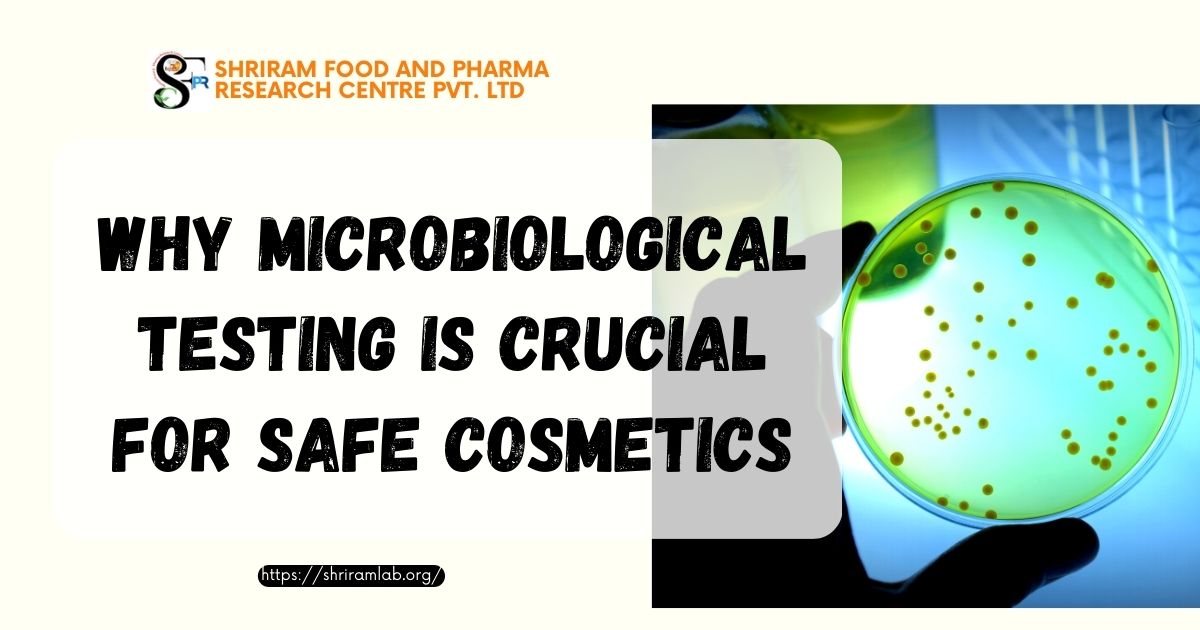FSSAI’s Vital Role in Food Safety and Standards
The Food Safety and Standards Authority of India (FSSAI) stands as a pivotal regulatory body established by the Indian government to uphold the safety and quality of food products. Operating under the Ministry of Health and Family Welfare, FSSAI plays a crucial role in promoting food hygiene and public health across the nation. Governed by the Food Safety and Standards Act of 2006, its responsibilities span setting food standards, regulating food-related processes, and monitoring imports.
Importance of Food Safety
Food safety is a paramount concern, protecting consumers from health hazards related to the consumption of unsafe or substandard food. Contaminated or adulterated food can lead to severe foodborne illnesses, posing serious risks to public health.
FSSAI License: Legal Authorization for Food Businesses
Obtaining an FSSAI License is not just a legal requirement; it’s a commitment to ensuring compliance with food safety standards. This authorization is mandatory for all entities involved in the food industry, including manufacturers, distributors, retailers, and food service establishments.
Upholding Food Hygiene through FSSAI License
The FSSAI License acts as a linchpin in maintaining food hygiene standards throughout the industry. It covers various aspects of food safety, establishing standards that businesses must adhere to for ensuring the safety and quality of their products.
Regulatory Framework: Ensuring Safe Production and Distribution
FSSAI has laid out a robust regulatory framework encompassing guidelines, regulations, and standards. This framework ensures the production, storage, and distribution of safe and hygienic food. Key areas covered include labeling and packaging, food additives, contaminants, and hygiene practices.
FSSAI’s Pioneering Role in Setting Food Standards
FSSAI doesn’t just regulate; it leads in setting standards for various food products. These standards define permissible limits for contaminants, additives, and other parameters. By doing so, FSSAI ensures that food products meet the required quality and safety standards, fostering consumer trust and confidence.
Guidelines for Hygienic Practices: A Comprehensive Approach
FSSAI provides comprehensive guidelines for maintaining hygienic practices in food businesses. Covering aspects such as personal hygiene of food handlers, sanitation of food premises, storage, transportation practices, pest control, and waste management, these guidelines serve as a comprehensive blueprint for preventing contamination and ensuring the production of safe and hygienic food.
Public Health Benefits of FSSAI License
Consumer Safety and Confidence
The FSSAI License significantly benefits public health by assuring consumers that the food they consume is safe and of high quality. This assurance enhances consumer safety and fosters confidence in the food products available in the market.
Prevention of Foodborne Illnesses
Stringent regulations and monitoring systems by FSSAI help prevent foodborne illnesses caused by microbial contamination, chemical hazards, or other contaminants. By ensuring food safety throughout the supply chain, the FSSAI certificate effectively reduces the risk of foodborne diseases, thereby protecting public health.
Control of Adulteration and Contamination
FSSAI’s role in combating food adulteration and contamination is paramount. The license establishes strict standards for ingredients, additives, and labeling, making it challenging for unscrupulous businesses to sell substandard or adulterated food products. This control over adulteration and contamination is crucial for maintaining public health and integrity in the food industry.
Compliance and Enforcement of FSSAI License
FSSAI maintains a strong focus on compliance and enforcement, ensuring that food businesses adhere to prescribed food safety standards.
Inspections and Audits
Regular inspections and audits are conducted to assess compliance with food safety regulations. This includes reviewing premises, records, documentation, examining food handling practices, and conducting laboratory testing of samples.
Penalties for Non-Compliance
FSSAI has the authority to impose penalties on businesses violating food safety standards or operating without a valid license. Penalties range from fines to temporary or permanent closure, serving as a deterrent to encourage businesses to prioritize food safety.
Collaboration with Regulatory Bodies
FSSAI collaborates with various regulatory bodies, including state food authorities, municipal corporations, and law enforcement agencies. This collaborative approach enhances the overall enforcement mechanism and strengthens public health measures related to food hygiene.
Conclusion:
In conclusion, the FSSAI License emerges as a cornerstone in promoting food hygiene and public health. Its multifaceted role ensures compliance with food safety standards, enhances consumer safety and confidence, prevents foodborne illnesses, controls adulteration and contamination, and enforces compliance through inspections and penalties. The FSSAI License is an indispensable requirement for food businesses to prioritize food safety, contributing to a healthier and safer food environment.





